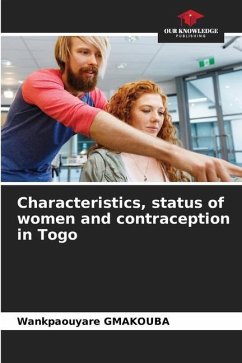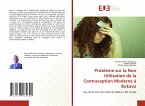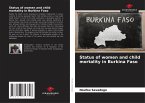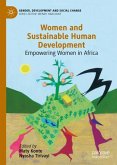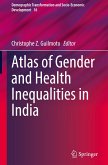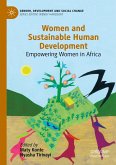In Togo, despite the efforts of decision-makers in developing family planning policies, the majority of women are still not using modern contraception and the decline in fertility is only slowly following that of mortality. Results from the third Demographic and Health Survey (DHS) of 2013- 2014 show a fairly low modern contraceptive prevalence (16.7%) for women in union, with large disparities between regions. The study aims to contribute to the understanding of factors influencing the use of modern contraception in Togo through a secondary analysis of the DHS data. The descriptive analysis showed a statistically significant association between all the study variables and the dependent variable. Next, a block approach of binary logistic regression was used for the multivariate analysis. Women's ethnic group, residence, religion, age, and status influenced modern contraceptive use. To improve the use of modern contraception, women's education and financial empowerment are needed.
Bitte wählen Sie Ihr Anliegen aus.
Rechnungen
Retourenschein anfordern
Bestellstatus
Storno

